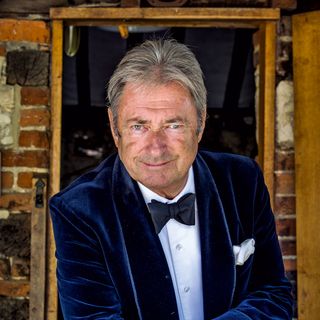-

'When it came up for sale again, it felt like destiny': Philip Mould on his first home in the country
By Julie Harding -
-

There are fairytale questions in the Country Life Quiz of the Day, February 25, 2026
By Country Life -

In the battle of travel tour operator versus AI, who will win?
By Rosie Paterson -

New designs and accessories to brighten every room
By Amelia Thorpe -
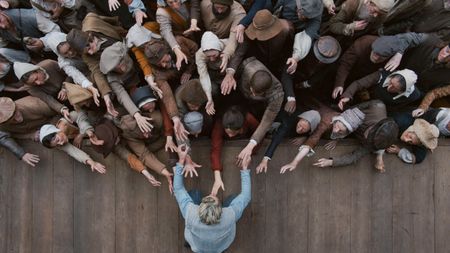
'It’s come to my attention that standards are slipping': Sophia Money-Coutts on how to behave at the theatre
By Sophia Money-Coutts -

Do you own Britain’s naughtiest dog?
By Agnes Stamp -
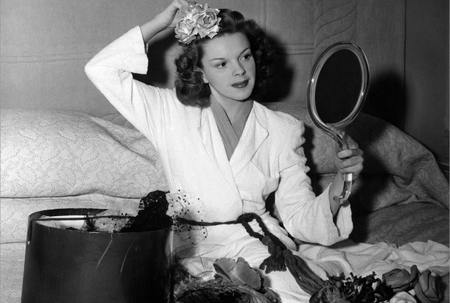
'It seems as if hatboxes needn’t always contain hats: ideas can percolate there, too'
By Deborah Nicholls-Lee
-
Sign up for the Country Life Newsletter
Exquisite houses, the beauty of Nature, and how to get the most from your life, straight to your inbox.
People & Places
-
-
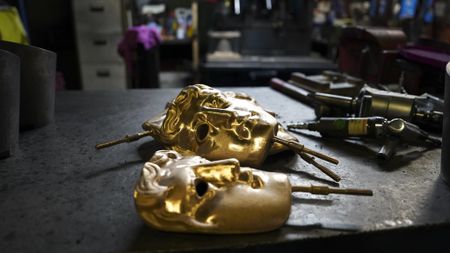
The life of a BAFTA begins in an industrial estate in Braintree
-
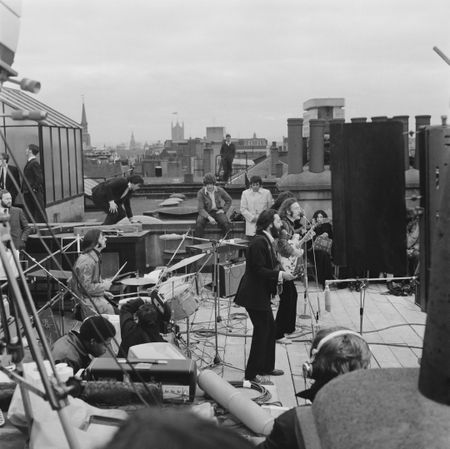
The W1 set is up in arms about Liz Truss's roof terrace. But what is a members' club without one?
-
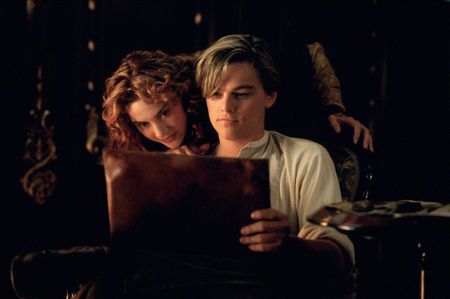
What have the Romans ever done for us? For one thing, taught us the art of seduction
-
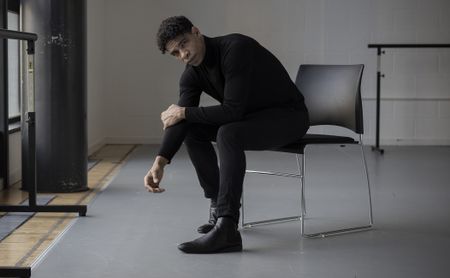
‘I’m like: “Give me those tights, let me show you”: Ballet superstar Carlos Acosta’s consuming passions
-
Property
View all Property-

'When it came up for sale again, it felt like destiny': Philip Mould on his first home in the country
By Julie Harding -
-

Best country houses for sale this week
By Country Life -

A Cambridgeshire cottage that was once home to a Cold War poet, five miles from 'the home of horse racing'
By Julie Harding -
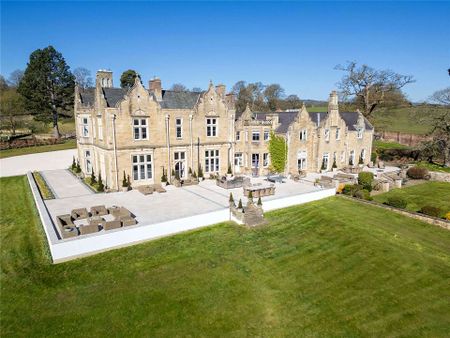
The Shropshire boarding school that's lived multiple lives, transformed into a wonderful country house with the coolest cellar we've seen in years
By Julie Harding -
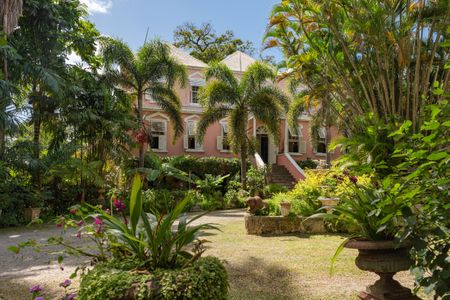
A 350-year-old estate in Barbados that’s hosted royals and Helen Mirren, furnished with 400 potted plants
By Rosie Paterson -
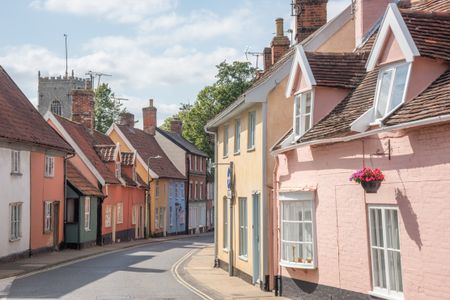
The seven best-kept secrets in the UK property market
By Annabel Dixon -
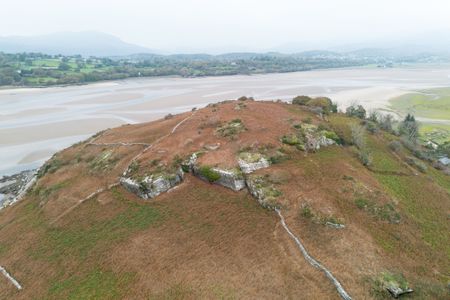
This Easter, give the gift of a small Welsh island
By Annabel Dixon
-
Architecture
View all Architecture-
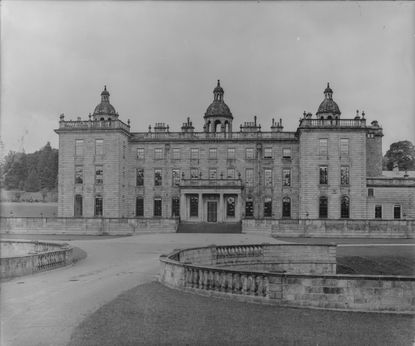
What binds the Queen Mother and Chicago's first department store? A lost Scottish castle that was blown to smithereens by the Territorial Army
By Melanie Bryan -
-
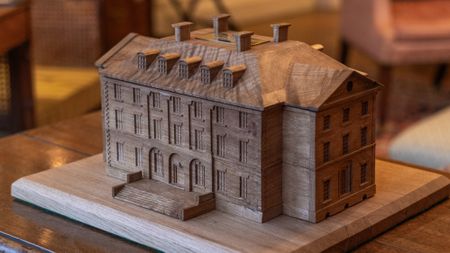
The only thing better than a stately home is a stately home in wooden miniature
By Will Hosie -
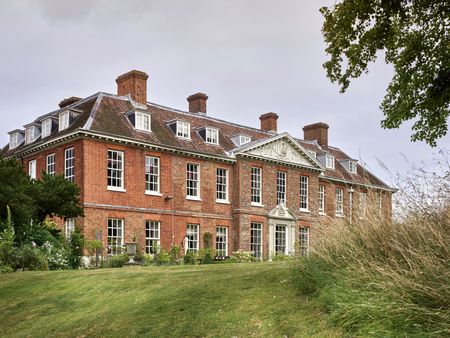
'I have never ceased talking of the beauty of Ampthill': The tale of one of Britain's best-loved country houses
By Jeremy Musson -
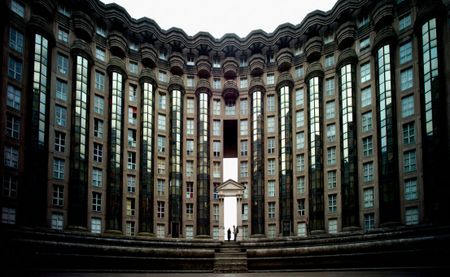
Les Espaces d'Abraxas: 'Building a Versailles for the people in Noisy-le-Grand'
By Tim Abrahams -
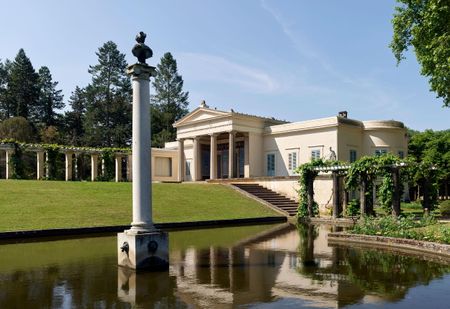
'A fantastic creation, with the magic of a strange, dreamed, longed-for world': Inside Schloss Charlottenhof, the Prussian royal family's exquisite sanctuary
By Aoife Caitríona Lau -
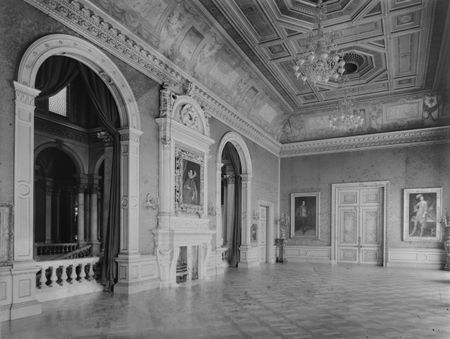
The magnificent London mansion that Country Life mourned when it was demolished to make room for the Dorchester Hotel
By Melanie Bryan -
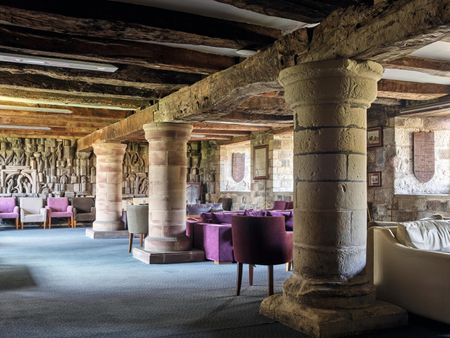
Repton: The 500-year-old school with a medieval priory whose story leads back to the kings of Mercia
By David Robinson -
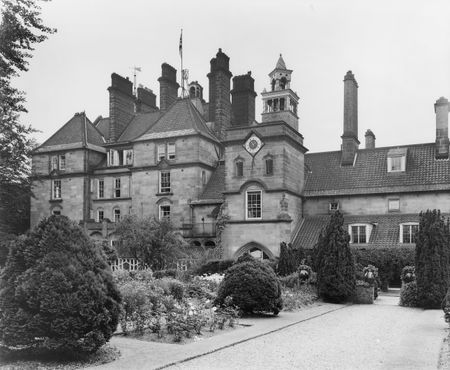
The striking Arts & Crafts country home with interiors by William Morris that disappeared without a trace
By Melanie Bryan
-
Our expert voices
Interiors
View All Interiors-

New designs and accessories to brighten every room
By Amelia Thorpe -
-

London Design Week: What to look out for at next month's unmissable interiors event
By Amelia Thorpe -

How do you add historic character back into a soulless room?
By Arabella Youens -

This clever interiors trick is the secret to creating multifunctional spaces — and it was integral to the design of many English country houses of the past
By Giles Kime -

'It was a complete wreck': Reclaiming a Hampshire coaching house from the earth
By Arabella Youens -

How do you add a dash of theatricality to a 1930s house? By taking inspiration from the legendary architect and set designer Oliver Messel
By Arabella Youens -

Are you a curator, a sympathiser or a conscientious objector? Take our Interiors Editor's quiz to discover your design DNA
By Giles Kime -

‘The pair drove to Belgium in their Mini and returned with the chair wrapped in duvets’: The mother-and-daughter duo that brought a converted Cotswolds barn back to life
By Arabella Youens
-
Gardens
View All Gardens-

Intrepid, enterprising, dedicated: The new generation of nursery owners creating the flowers we'll be enjoying for decades to come
By John Hoyland -
-

Alan Titchmarsh: Patience is in short supply today, but learning when to crack on and when to leave well alone will do your garden wonders
By Alan Titchmarsh -
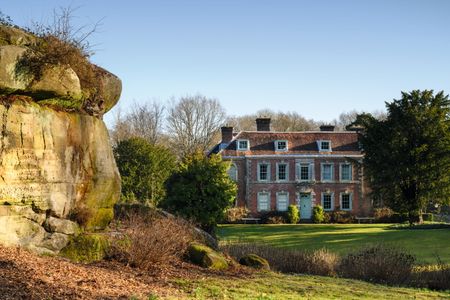
Penns in the Rocks: The East Sussex garden created by Vita Sackville-West, with a little help from the huge boulders that stood here when dinosaurs walked the earth
By George Plumptre -

'I was utterly bewitched': The heartwarming success story of one of Britain's greatest rose-growers
By Charles Quest-Ritson -

William Robinson, the visionary gardener 150 years ahead of his time
By Tiffany Daneff -

'It was like going on a blind date... over a few glasses of wine our friendship was sealed and by three in the morning we had a plan': The creation of a spectacular Moroccan garden
By Kirsty Fergusson
-
LIFE & STYLE
View All LIFE & STYLE-
-

Do you own Britain’s naughtiest dog?
By Agnes Stamp -

'It seems as if hatboxes needn’t always contain hats: ideas can percolate there, too'
By Deborah Nicholls-Lee -
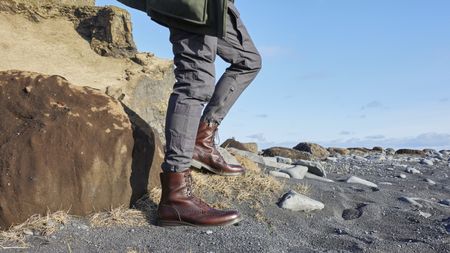
If this Derby boot is good enough for Bond, then it's good enough for you
By Amie Elizabeth White -

'I loved defying the tyranny of fast fashion, one stitch at a time': Make do and mend is enjoying a creative revival
By Debora Robertson
-
THE COUNTRYSIDE
View All THE COUNTRYSIDE-
-
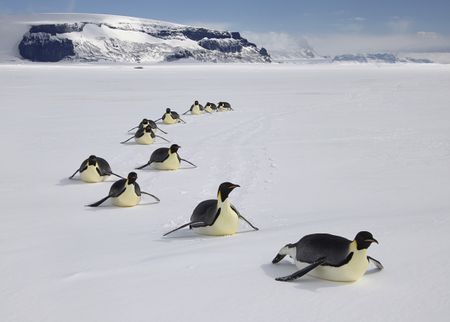
The winter Olympians of the natural world
By Rosie Paterson -

Feathers: Nature’s most exquisite miracle was fashioned for flight, fortitude and fantasy
By Charles Harris -

Britain's most widespread bird is also the most elusive — spotting it is one of ornithology’s great joys
By Mark Cocker
-
ART & CULTURE
View all ART & CULTURE-
-
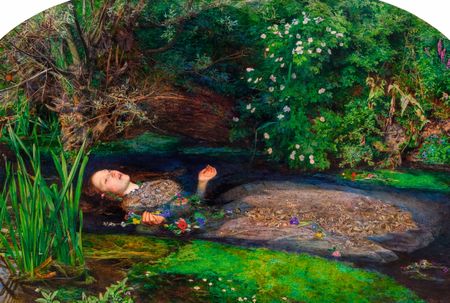
Write side up: The enduring influence of literature in art
By Carla Passino -

Pushing back against a culture of disposability: The enduring importance of craft
By Corinne Julius -
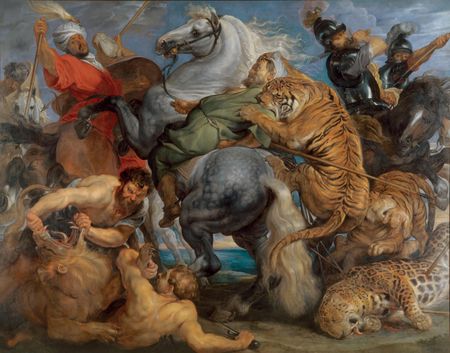
'He allowed lion and a tiger to prowl around the castle and, if an unfortunate servant was mauled, they were paid compensation': Exotic animals in art
By Michael Prodger -
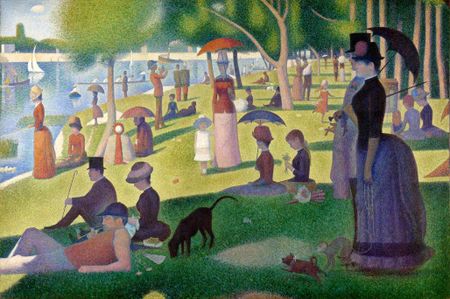
'He was really the most radical artist of the 19th century': Georges Seurat at the Courtauld Gallery
By Carla Passino
-
Travel
View All Travel-
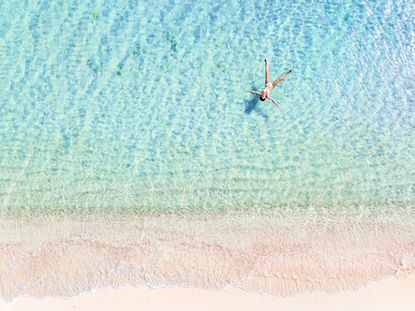
In the battle of travel tour operator versus AI, who will win?
By Rosie Paterson -
-
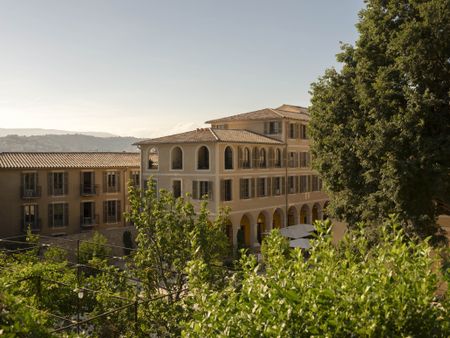
Hôtel du Couvent: This former convent on the French Riviera has rekindled the rules of luxury
By James Fisher -

This Hollywood star's home in the Canadian wilderness is now an exclusive-use lodge
By Rosie Paterson -
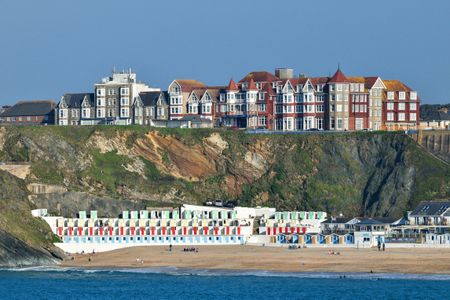
The real challenge facing Britain's grande dame seafront hotels
By Athena -

Couples are changing how they holiday — even on honeymoon
By Rosie Paterson -
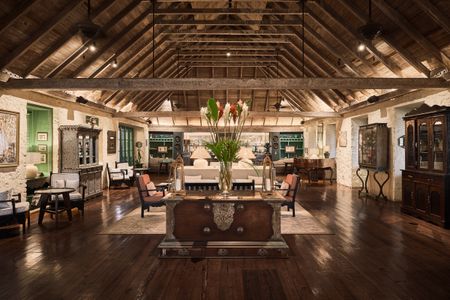
The Cotton House review: If you're going to be the only hotel on Mustique, you better be great
By Rosie Paterson
-
Food & Drink
View All Food & Drink-

‘French pastries all look amazing… but I wish more British bakers would look at what we used to have’: Richard Hart on the joys of jammy dodgers and iced buns
By Oliver Berry -
-
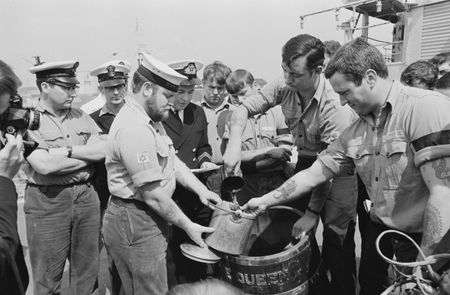
Where's the rum gone? How the temperance movement took on the Royal Navy
By Henry Jeffreys -

Tom Parker Bowles: 'There is no dish more lusty and full blooded than boeuf à la Bourguignonne'
By Tom Parker Bowles -

The 'chef's table' is off the ick list
By Emma Hughes -

Sophia Money-Coutts: A snob's guide to supermarkets and what to do when there's no Waitrose
By Sophia Money-Coutts -

Patrick Galbraith: 'The idea that a bar in Norfolk selling vinho verde would make it through even one winter was about as likely as the Madonna herself reappearing by the old water pump'
By Patrick Galbraith -

Agromenes: The Food Waste Inspector is right to call out M&S, Waitrose and Lidl for throwing away food that is perfectly good to eat
By Agromenes
-





